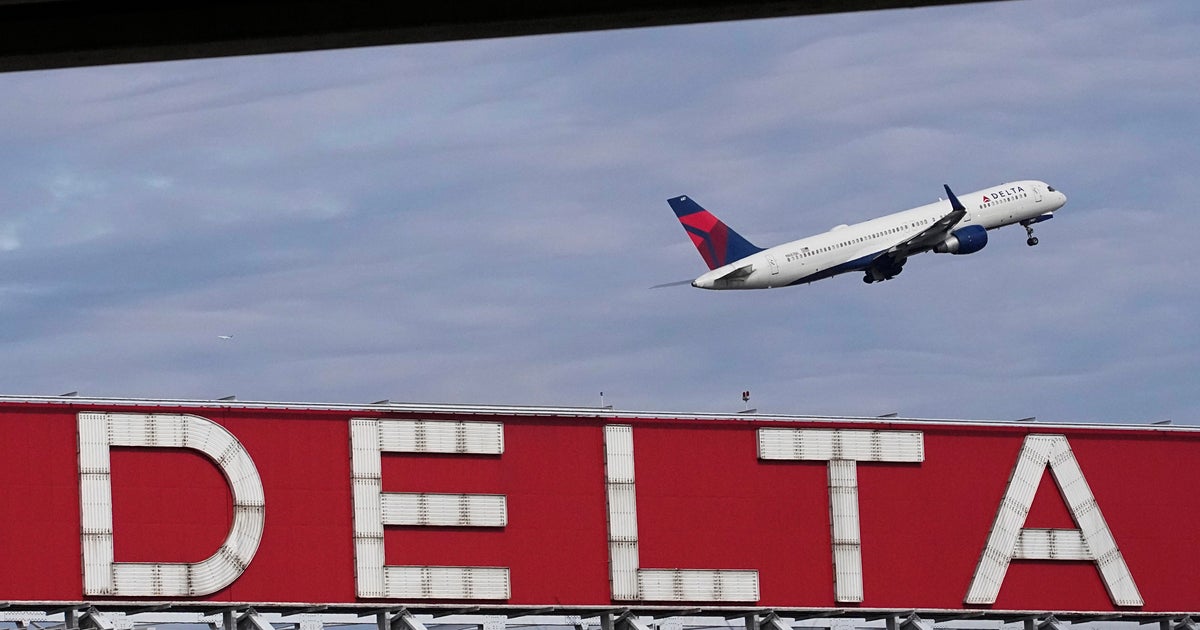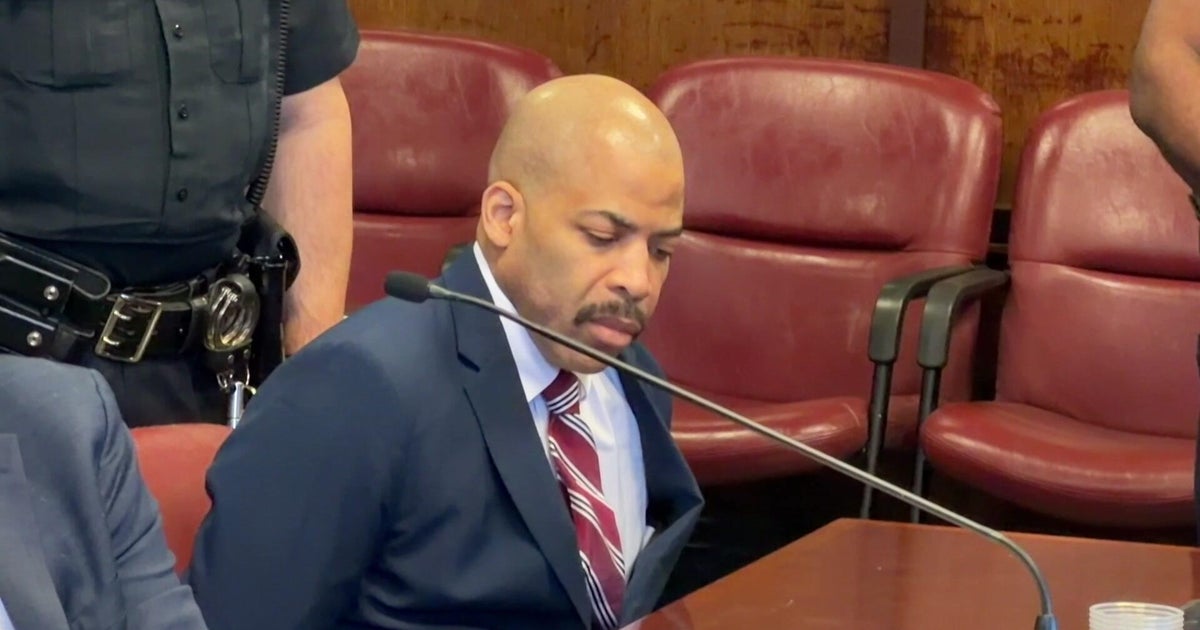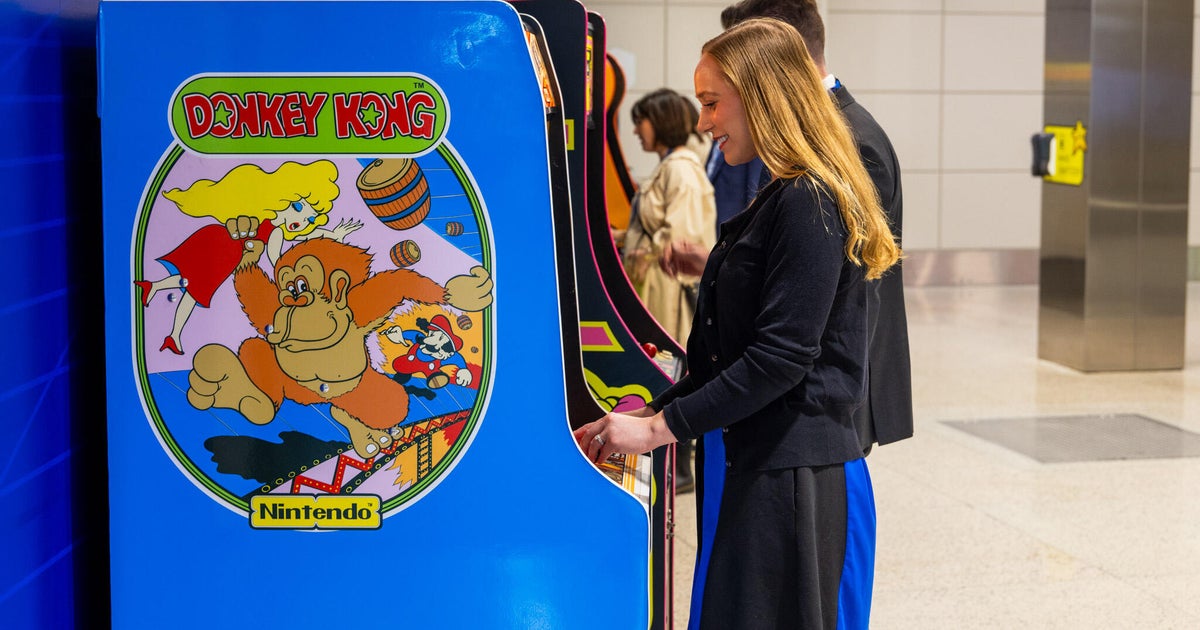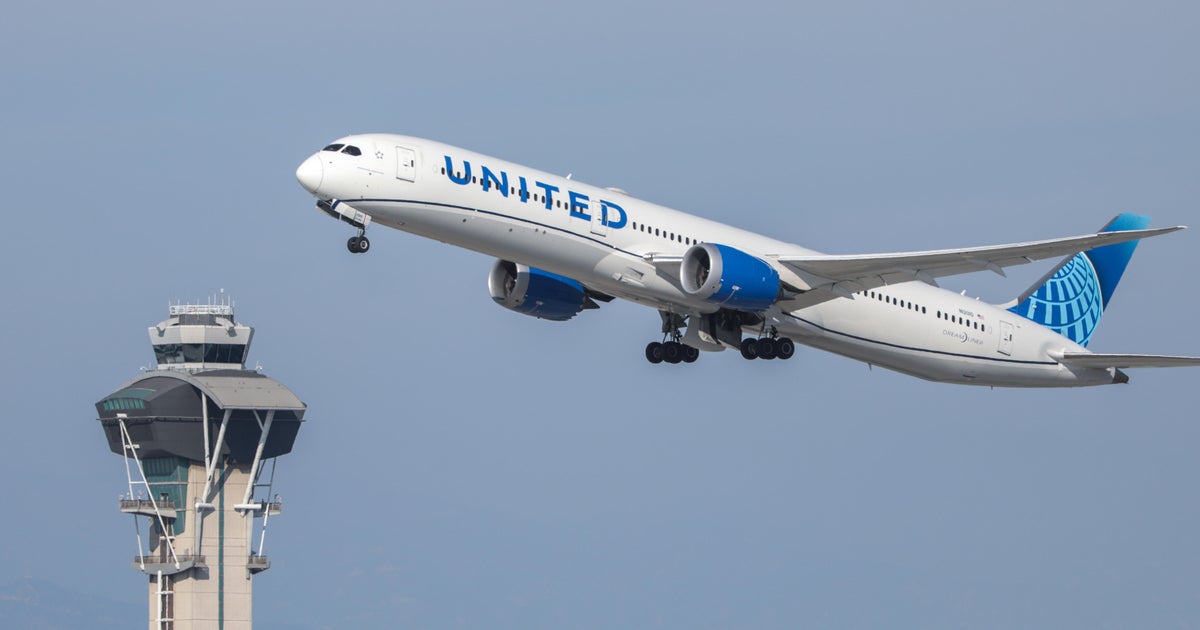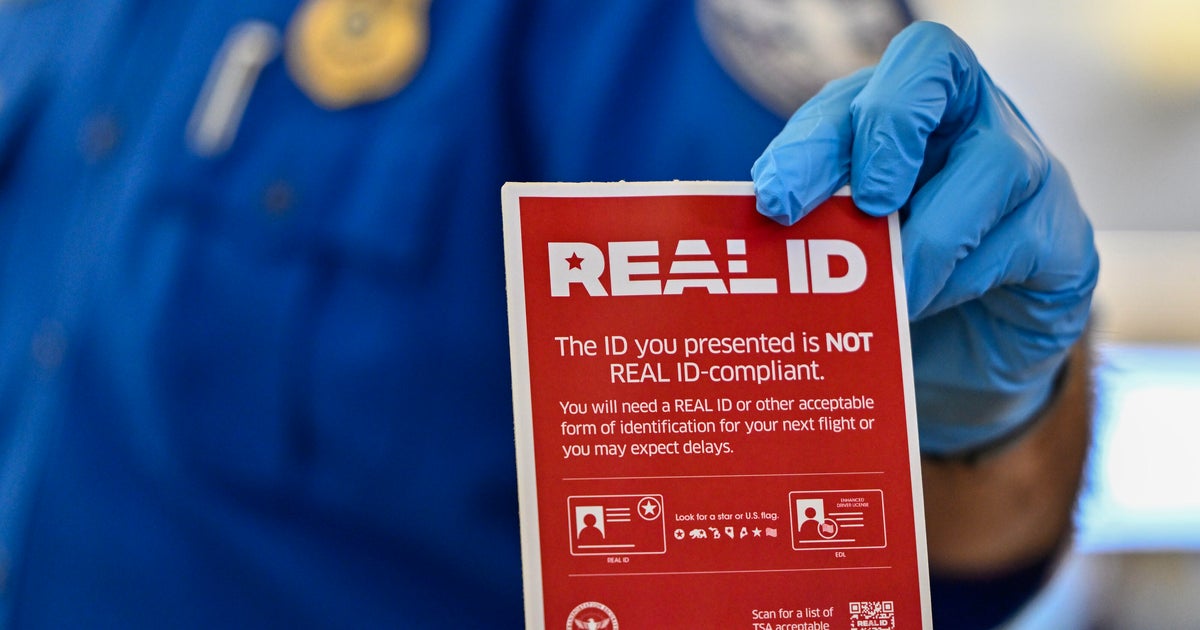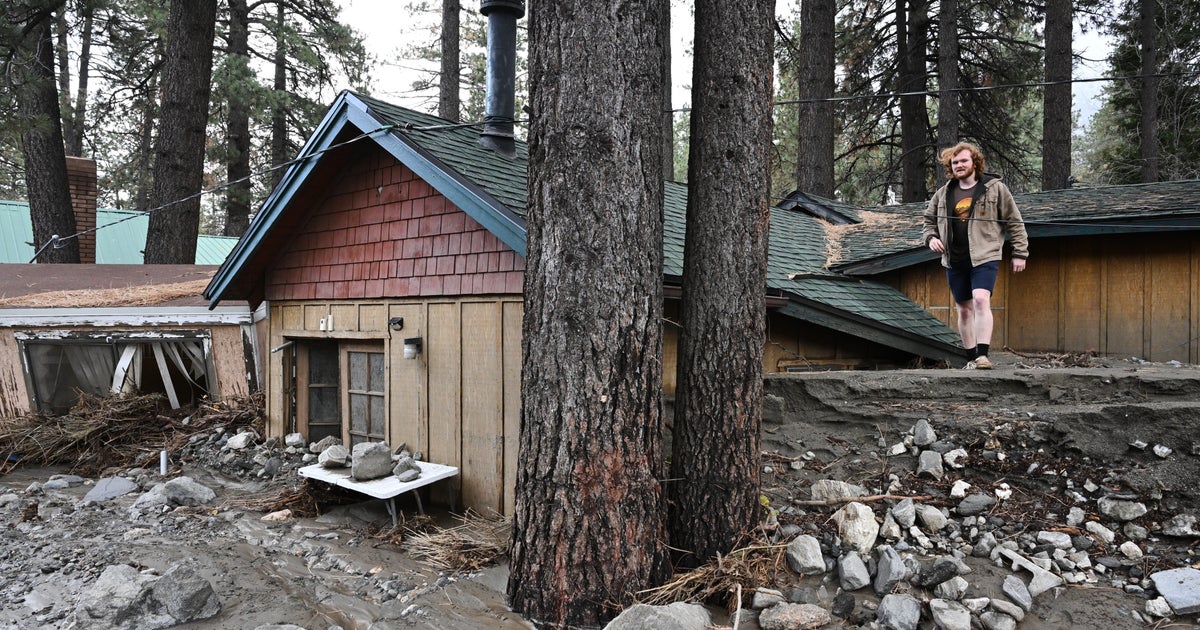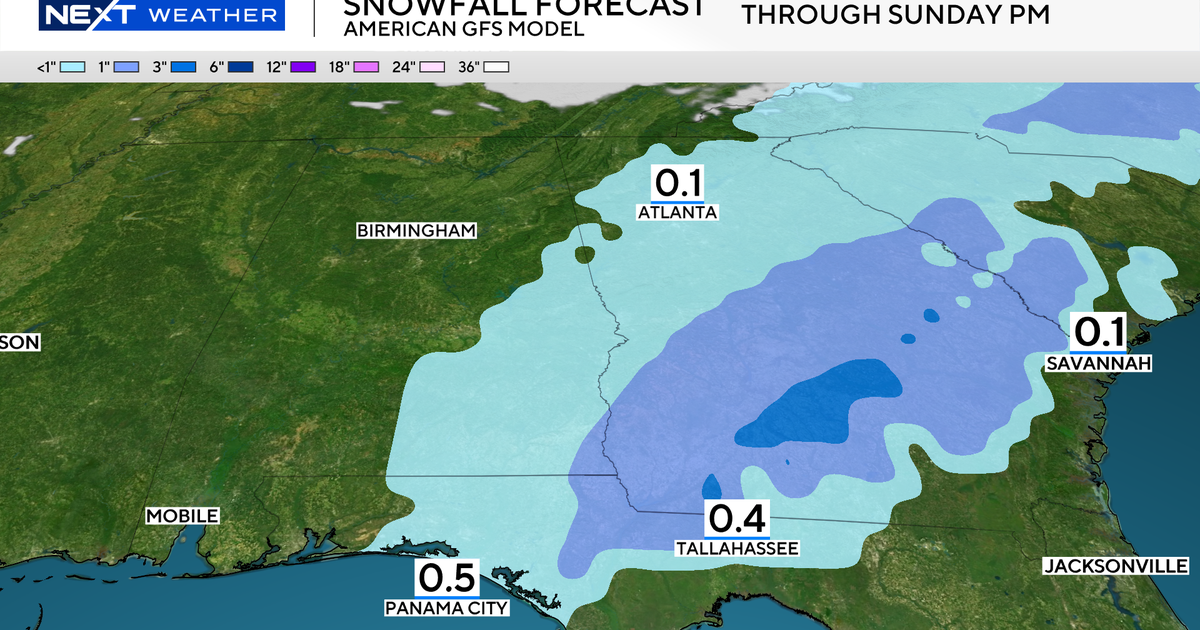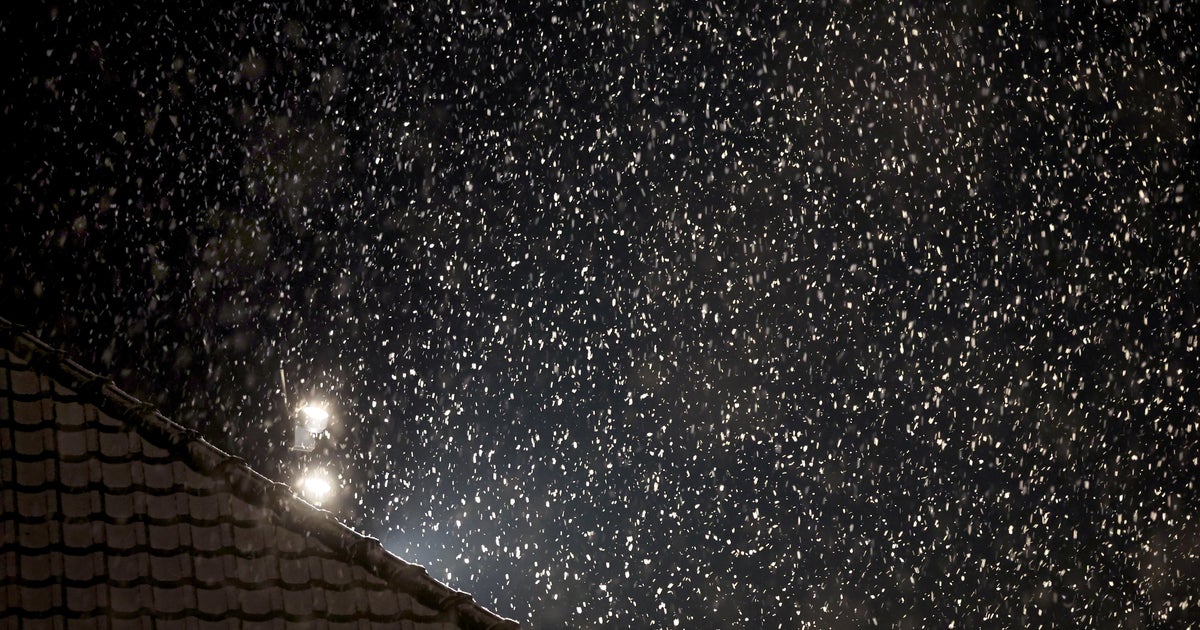Delta, major airline at MSP, issues travel waiver ahead of busy Fourth of July holiday weekend
MINNEAPOLIS - Delta, one of the nation's largest airlines with a hub at the Minneapolis-St. Paul International Airport, has a free flight change policy for the Fourth of July holiday weekend, as the company expects a record number of travelers since the pandemic began.
The airline's latest travel waiver allows customers to rebook travel scheduled for July 1 through July 4 before or after those peak travel days with no fare difference or change fees if the travel route is the same. The new flight needs to take off by July 8 or passengers could be subject to those fees, the airline said in its announcement.
The airline said in a statement it's working "around the clock" to rebuild its operation while minimizing the impact felt by customers. It expects the amount of people traveling to be a record high not seen since pre-pandemic levels.
"Even so, some operational challenges are expected this holiday weekend," the company said. "This unique waiver is being issued to give Delta customers greater flexibility to plan around busy travel times, weather forecasts and other variables without worrying about a potential cost to do so."
Kyle Potter, executive editor of the Minnesota-based travel website Thrifty Traveler, called the move by Delta "unprecedented," adding waivers are usually for inclement weather.
It's the latest sign, he said, that airlines across the board have stretched themselves thin in the pandemic and are unprepared to meet a surge in demand as COVID wanes.
"We're heading into the July 4th weekend where, by all accounts, this is going to be the busiest travel weekend we've seen in two years and it's going to push airlines to the breaking point," Potter said. "That to me is what Delta is admitting here—that they aren't going to be able to keep up and they are throwing something out, something unprecedented, in hopes that it buys them a little wiggle room to prevent this from getting really, really bad."
Consumer complaints about airlines have soared by more than 320% over pre-pandemic levels, data from the U.S. Department of Transportation show. Delta, according to the latest data available from April, had the lowest rate of canceled flights of any airline for domestic flights.
It's important to keep in mind that this travel waiver isn't just a "blank check" from Delta, Potter noted. The free changes cover departures by July 8.
Other airlines are also beset by challenges with cancellations and delays. Potter highlighted that American has canceled more than 500 flights since Wednesday and United cancelled 200 over that same time.
"[Airlines] have all canceled flights en masse and delayed flights by the tens of thousands over the last year and change," he said.
So what happens if your flight is canceled?
There are few explicit rights for airline passengers, Potter said.
"Contrary to popular belief, for domestic itineraries airlines are not required to compensate passengers whose flights are delayed or canceled," the U.S. Department of Transportation notes in its consumer guide to air travel.
Airlines must refund passengers who choose not to accept the alternative flight offered by an airline for a canceled or significantly changed flight.
But by law compensation is required if a traveler can't board a flight because it's oversold.
Overbooking a flight is not illegal, but if a flight is overbooked and a passenger is denied boarding from the flight without a choice—known as "involuntary bumping"—they can get up to $775 if the airline arranges a new flight arriving within one or two hours of the original scheduled arrival, according to the DOT.
That compensation doubles to no more than $1,550 if new flight arrives more than two hours later than originally planned, or if the airline doesn't make substitute travel arrangements.
If a new flight is scheduled within one hour of original arrival time, no compensation required.
Read more from the DOT's guide for consumers here.

